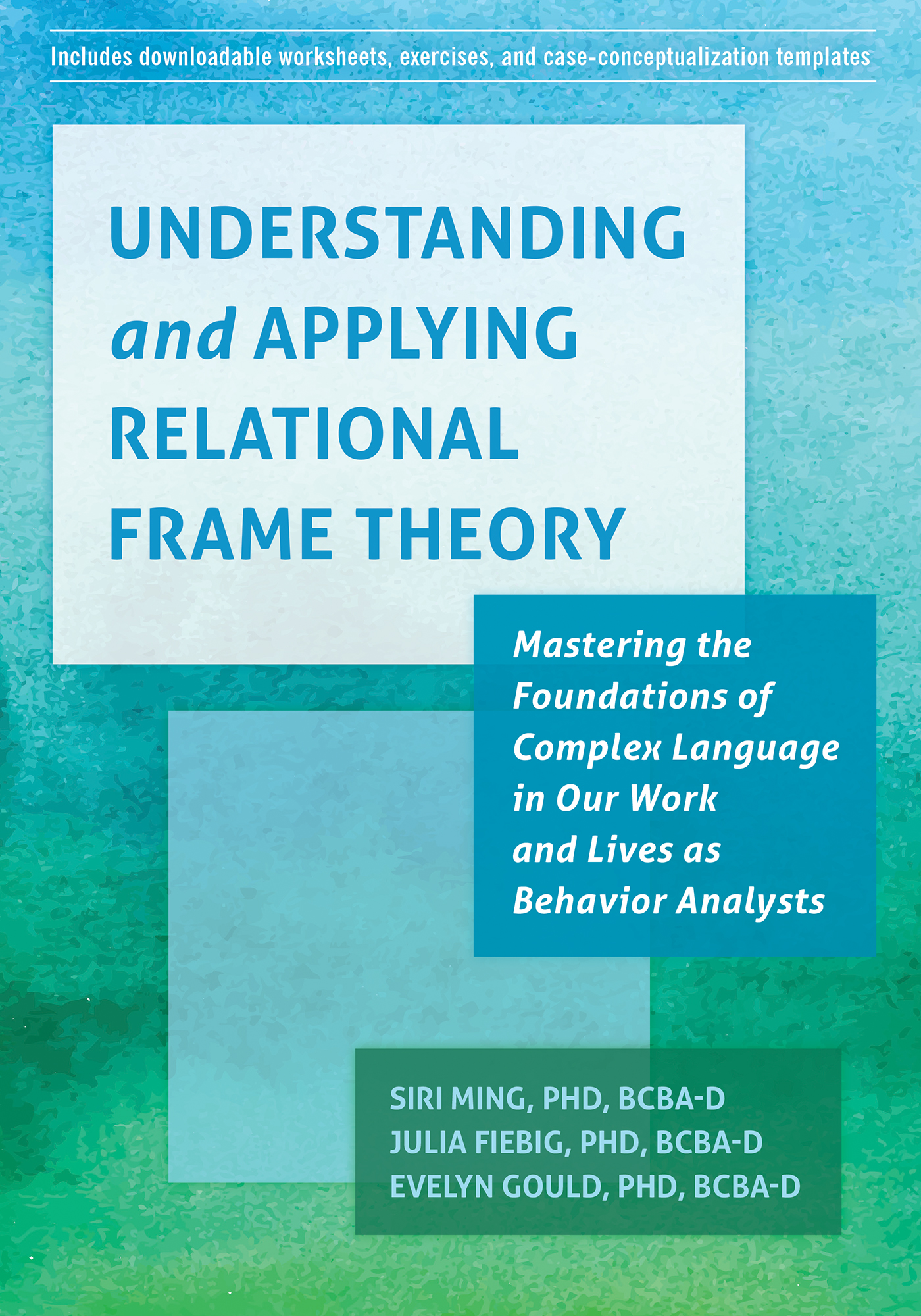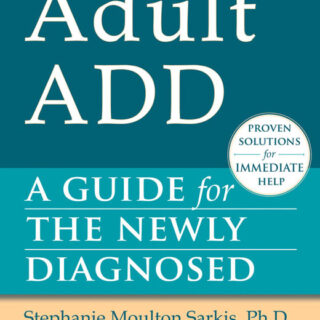Understanding and Applying Relational Frame Theory (eBook)
$79.95
Language changes everything. Understanding and Applying Relational Frame Theory is a comprehensive treatise on how to understand complex language, and use language effectively as a behavior analyst. With this professional guide, readers will find a clear explanation of RFT, and discover practical applications and tools for a wide range of uses to help clients live better lives.
A comprehensive treatise on how to understand complex language, and use language effectively as a behavior analyst.Language changes everything. From infancy through adulthood, language shapes our behavior, and in turn our language shapes others’ behavior, in an increasingly complex web. Perspective taking skills influence how we use language, and how we make connections to others in our work and in our social circles. A comprehensive understanding of complex language is therefore critical to effective behavior analysis, not only in our immediate work, but also how we exist in the world as professionals—and as a profession.Relational frame theory (RFT) is a psychological theory of human language. The theory argues that the building block of human language and higher cognition is relating—in other words, the human ability to create links between one thing and another. Understanding and Applying Relational Frame Theory outlines the essential principles of RFT, and offers practical applications and tools for a wide range of uses to help clients live better lives.As behavior analysts working with others to affect change, words matter. Therefore, you need to understand the functions of complex language, and be able to skillfully use language as an intervention tool.With this book, you will:•Learn the theoretical basis of RFT.•Explore how complex verbal repertoires affect individual behavior, introducing the influence of rule-governed behavior and private events.•Examine relational framing in the context of groups—including supervision, mentorship, effective messaging, and pro-sociality within and between organizational systems.•Discover the implications of applying a behavior analytic understanding of complex language to a variety of settings, including education, mental health, business.•Learn how RFT can be applied to issues of diversity and inclusion, and global sustainability. Finally, you’ll find a thorough discussion of how behavior analysts can use the principles outlined in this book to extend the reach of the field into a range of socially significant and critical areas for behavior change.





